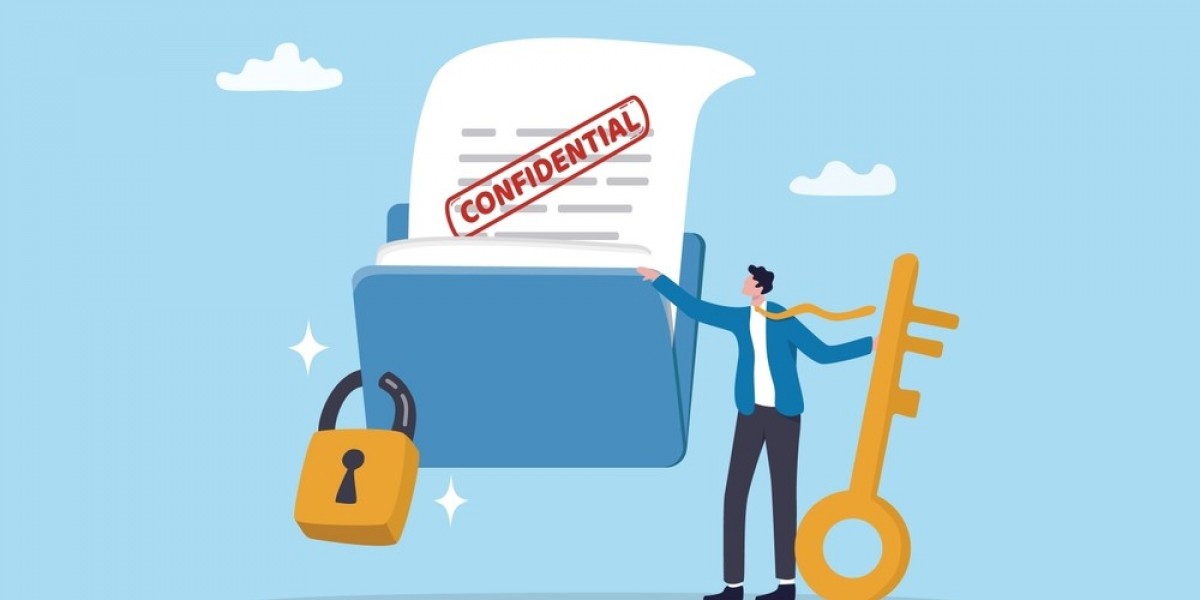Shared hosting might be good for a site that doesn’t collect or contain sensitive information. But when it comes to business sites with confidential or private data? It’s really a big no-no. The thing is, this type of hosting makes your digital storefront vulnerable to anything in terms of cyberattacks. Cross-site contamination? This may be the most common and least detrimental risk that shared hosting poses. And the risk of your IP address being blacklisted? It just requires one malicious or spammy site.
We’re living in an age where everyone runs behind cost-effective solutions for any problem they might tackle. Say, it’s a business site that an owner wants to host. There are strong chances that their first attempt will be finding a hosting option that doesn’t cost much. And what’s that? Of course, shared hosting. It comes with the least upfront cost possible. But here’s the catch: You might benefit from the cost-effectiveness of this hosting plan in the beginning. The long-term effects in the form of security vulnerabilities, however, often lead you to break the bank.
This blog post will illuminate the common security risks that a shared hosting package comes with.
Top 5 Security Risks Associated with Shared Hosting
Think shared hosting is a safe way to go? Then, you might want to look at all those sites that have been affected by a DDoS attack due to sharing a server with many other neighbors. Just one vulnerable partner, and you’ll see your website facing the consequences of such digital attacks. Then, some security risks also come from the immature approaches used by your hosting provider.
Below are the top five security risks that are associated with shared hosting:
1. Cross-Site Contamination
Here’s the most common vulnerability that you might’ve to face after hosting your site on a shared server. The thing is, one server is serving many websites at the same time. All these websites share the same infrastructure, IP address, and resources. There are strong chances that the malware will spread to other tenants if one site is vulnerable.
When this happens, you essentially have a compromised digital storefront. This, in turn, is an open door for a number of cyber problems. These include data breaches that can cause the leakage of sensitive information that your online store contains. That’s why a business site must use a more secure hosting plan like VPS or dedicated hosting.
2. IP Blacklisting
There’s a misconception that an IP address directly belongs to a website. The reality? This string of numbers is owned by the server your online store is hosted on. With this fact in mind, you can tell that your website won’t have a unique IP if you host it on a shared server. Think this isn’t an issue? Then, you might not have heard about IP blacklisting.
It happens when another user is found to be involved in a malicious or criminal activity. In that case, the IP address of that server will get blacklisted as a cybersecurity measure. The consequences of your site? These can often exceed your imagination of the worst. From interruptions in email marketing to poor SEO ranking and blocked website access, you’ll have to face many things.
3. DDoS Attacks
Ever heard about a distributed denial-of-service attack? It’s a digital attack on a server. A malicious actor can disrupt your site’s normal traffic by overwhelming the server with traffic flooding. The problem with a shared server is that your site doesn’t have to be a direct target. Any tenant impacted by this attack can cause your digital storefront to face:
· Resource exhaustion
· Frequent downtimes
· Slow performance
· Poor SEO ranking
· Reputation damage
That’s not it. A DDoS attack on a shared server also increases your company’s website’s vulnerability to other damaging types of cyberattacks.
4. Vulnerable Neighbors
Hosting your site on a shared server? You cannot assume that all of your neighbors are legitimate. You know, in a worst-case scenario, a site owned by a cybercriminal can also be sharing the same server. Even if it’s a legal website, its vulnerability can still be detrimental to your site in the following ways:
· Malware spread
· Resource overloading
· Data breaches
· Phishing attacks
· Reduced accessibility
These risks make a shared hosting plan unsuitable for a corporate or branded website. For such digital storefronts, you need an isolated server.
5. Lack of Regular Updates
This is undoubtedly one of the biggest risks when you pick shared hosting over other types of hosting. In fact, there’s a big confusion in this regard. Site owners might think that it’s their hosting provider who’s responsible for updates. The vendors, on the other hand, focus only on server-level updates. This is what leads to a lack of updates and vulnerabilities. Here is why this can be a serious issue for business websites:
· Risk of cyberattacks
· Loss of customer trust
· Negative brand image
· Potential legal implications
· High recovery costs
That said, you really need a reliable hosting plan, like dedicated hosting or VPS, for your digital storefront to avoid all of the above problems. It’s also important that your hosting provider is credible. You can contact professionals at Hosting MENA for this purpose.
Host Your Company’s Site on a Reliable Server
Shared hosting isn’t really meant for a website that collects or stores sensitive data. Sites hosted on such a server remain vulnerable to a number of security problems. This, in turn, results in unaffordable consequences for digital storefronts. Get in touch with a trustworthy hosting provider now to host your company’s site on a reliable server.








